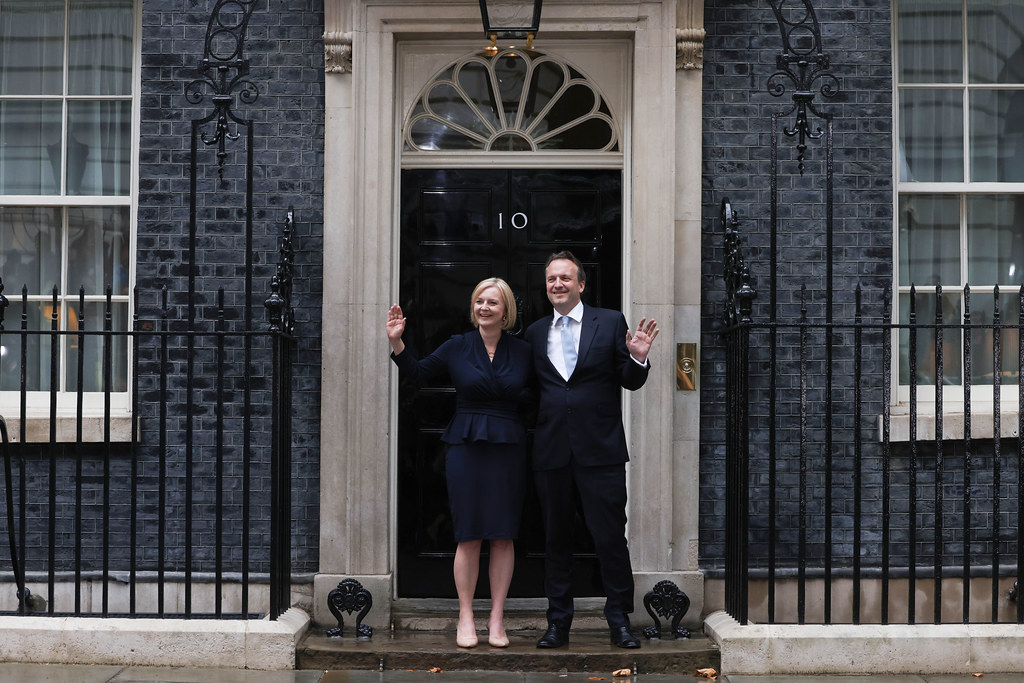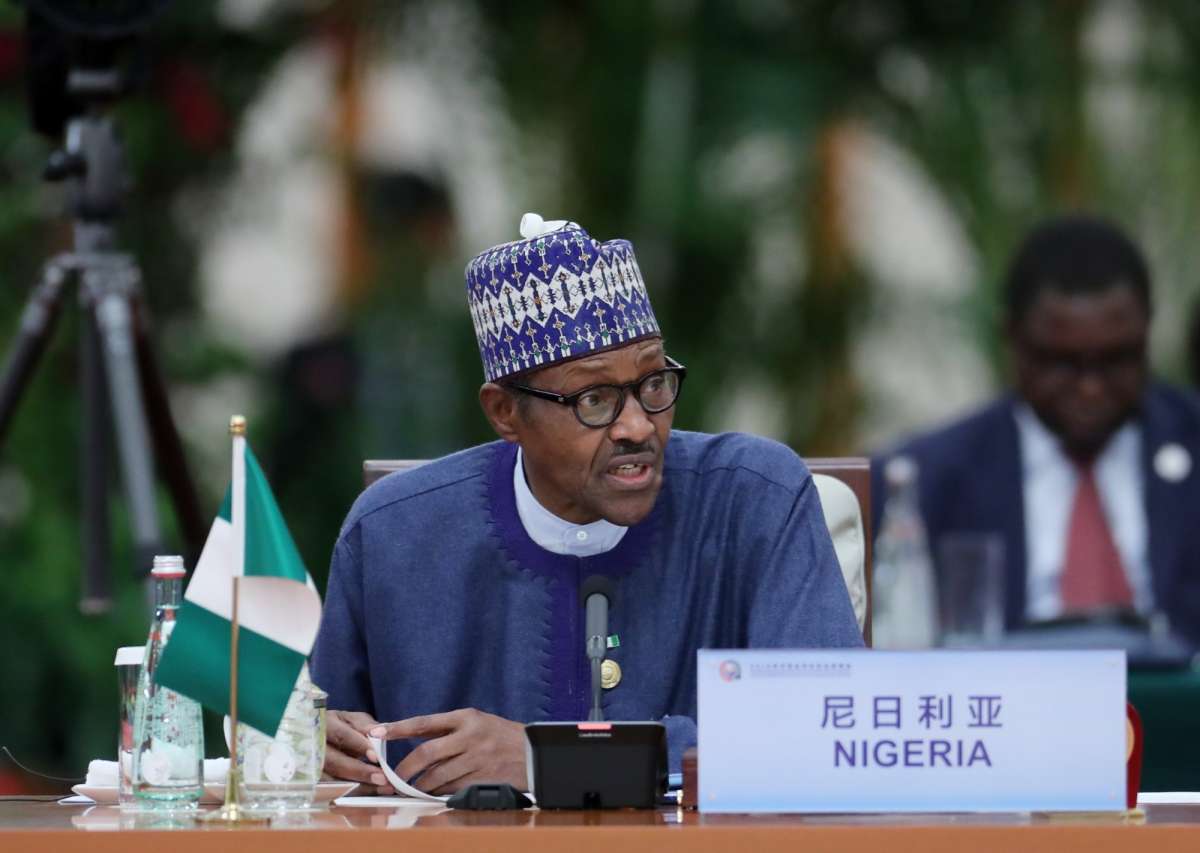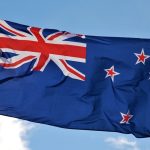Britain’s economic decline is turning into a crises, threatening to expose the fragility of global efforts to crush inflation…reports Asian Lite News
Britain’s rapid descent from stability to crisis is threatening to expose the fragility of global efforts to crush inflation, raising the specter of chaos spreading across financial markets.
Volatility has surged to the highest level since March 2020 across currency and bond markets. Bank of America’s global cross-asset market risk indicator also jumped to a level not seen since the start of the pandemic. Current and former government officials in the US warned about potential spillover.
“Fear is contagious,” said Ben Kumar, senior investment strategist at Seven Investment Management LLP. “Higher bond volatility in the UK caused by fund liquidations prompts pound sell-offs due to instability, which prompts UK equity outflows, which prompts parallel selloffs worldwide.”
Bloomberg reported that events like Russia’s default in 1998 and, more recently, Greece’s debt crisis show how single countries can trigger wider financial turmoil. The fear this time is that the UK’s troubles lay bare how quickly tensions between monetary and fiscal policy can erupt. Central banks waging an aggressive battle on inflation are jeopardizing hard-won economic recoveries.
The government could change course, but at the moment it’s showing no inclination to revise its budget plan after a package of tax cuts sent the pound tumbling and prompted the Bank of England to intervene in the bond market.
Former Treasury Secretary Lawrence Summers likened the array of risks confronting the global economy to the pre-crisis summer of 2007, with the UK’s current troubles just one example of potential breakdowns.
Cross-market currency volatility remained elevated Friday even after the pound recovered almost all of its losses following the Bank of England’s pledge to make unlimited purchases of longer-maturity bonds. Ten-year US bond yields have been moving in tandem with UK gilts all week.
“FX volatility creates sustained Treasury volatility, and also makes messaging and policy shifts from central banks all the more easy for the markets to question,” Michael Purves, founder of Tallbacken Capital Advisors wrote in a note. “By extension, this will make sustained risk asset buying all the more challenging.”
The pound renewed its decline after it emerged Prime Minister Liz Truss’s government has no plans to succumb to pressure from the markets or heed the advice of the International Monetary Fund. Truss blames Russia’s war in Ukraine as the event that’s rattled global markets.
“The UK policy debacle has been a big driver of recent market action,” said Dan Suzuki, deputy chief investment officer at Richard Bernstein Advisors. “Given the strong macro parallels of high inflation, slowing growth and tightening monetary policy across most markets, investors often extrapolate new policy actions in one region to other regions.”
Others say it’s too soon to worry about a wider financial crisis. That could only happen if the UK selloff starts to impair the functioning of US bond markets, according to Ed Al-Hussainy, senior interest-rate strategist at Columbia Threadneedle Investments.
“So far, it has exacerbated poor liquidity on our side, but not enough to trigger financial stability concerns,” he said.
But it’s hard to ignore how intertwined UK markets are with their developed counterparts. As a major global financial center, the UK has trillions invested in global and US assets. In addition, markets are moving more in tandem, with one measure showing cross-asset correlations near their highest level in 17 years.
“The gilt market is specific to the UK, but this is all driving in the same direction of concerns about inflation,” Seema Shah, chief global strategist at Principal Global Investors told Bloomberg TV. “You can say there is the same movement everywhere.”
Economy grows in second quarter
Britain’s economy grew in the second quarter as it did not shrink as previously estimated, according to revised official data Friday which eased recession fears.
Gross domestic product expanded 0.2 percent in the three months to the end of June, upgraded from a modest 0.1-percent contraction, the Office for National Statistics said in a statement.














